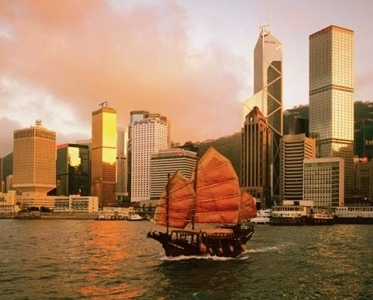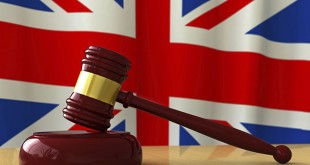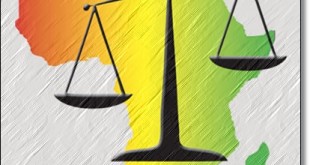This expression was first used in 1984 by Deng Xiaoping, the leader of the People’s Republic of China, in the negotiations with the British Prime Minister Margaret Thatcher over the future status of Hong Kong.
First of all, a quick explanation of the reasons that led Hong Kong to come back to China in 1997 after 155 years under the British rule. Hong Kong is composed of 3 parts: Hong Kong Island, Kowloon, and the New Territories. Hong Kong Island was ceded in 1842 after the first Opium war, by the treaty of Nanking. Kowloon was ceded by China in 1860 after the Treaty of Beijing. The new Territories on the contrary were leased for 99 years in 1898 after the Convention for the extension of Hong Kong territory. If the United Kingdom wanted to keep Hong Kong under its rule and respect the treaties it had signed, it would have meant splitting Hong Kong and giving up the bigger part, both in terms of population and land.
They finally reached an agreement, Hong Kong will keep its specialty, its capitalistic system and its laws for at least 50 years until 2047, and China engaged itself not to interfere into Hong Kong’s internal affairs. Hong Kong would have its own government (even if not democratically elected) and keep the public freedoms it had under the British rule. This agreement gave birth to a document called « The Basic Law of the Hong Kong Special Administrative Region of the People’s Republic of China » that was adopted on April 4th 1990 and came into force at the time of the Handover on the 1st of July 1997.
The reaction of this handover of Hong Kong among Hong Kong people was fear. Everyone had in mind the Chinese government reaction to the protest of Tiananmen in 1989. During the years before the handover, more than 1 million people escaped Hong Kong, going mostly to Canada, USA, UK and Australia. 15 years after the handover, many are coming back, attracted by a dynamic Hong Kong boosted by the development of China.
The Basic Law
The basic law is like a constitution applicable to the Hong Kong special administrative region. The interpretation falls to Standing Committee of the National People’s Congress, a Chinese institution. There are a certain number of issues arising from this basic law, the major issue being about article 23 : “The Hong Kong Special Administrative Region shall enact laws on its own to prohibit any act of treason, secession, sedition, subversion against the Central People’s Government, or theft of state secrets, to prohibit foreign political organizations or bodies from conducting political activities in the Region, and to prohibit political organizations or bodies of the Region from establishing ties with foreign political organizations or bodies.” For those used to totalitarian regime wording, this is the kind of tool used to imprison political opponents, so far it is not applied in Hong Kong, but the election of a new Chief Executive – Leung Chun-ying – on the 25th March 2012 might change this.

What does the legal system look like in Hong Kong ?
It is completely separated from the Chinese legal system. Hong Kong’s legal system is based on the British Common Law, with a few local differences. Most of Hong Kong’s legislation is contained into 1178 Ordinances, some of them are crucial like the Company’s Ordinance, but some are just about one specific temple. The whole legal system is still using the English language; all courts use English even if evidence is sometimes provided in Chinese.
The difference with China comes to a point that Hong Kong Court decisions are not enforceable in China and Chinese decisions not enforceable in Hong Kong. There is however a reciprocity concerning arbitration. Hong Kong’s arbitral decisions can be enforced in China and the other way around. This is why arbitration in Hong Kong is a widespread. Foreign companies don’t want to face Chinese justice (for corruption reasons, as well as lack of knowledge of Chinese legislation and language barrier) in case a conflict with their Chinese supplier occurs, so in most of the contracts there is a clause stating that should any conflict occur, it will be resolved by an arbitration process in Hong Kong.
Nicolas Laignelet
Intern at Weir & Associates (Hong Kong)
 Le petit juriste Site de la revue d'actualité juridique
Le petit juriste Site de la revue d'actualité juridique





